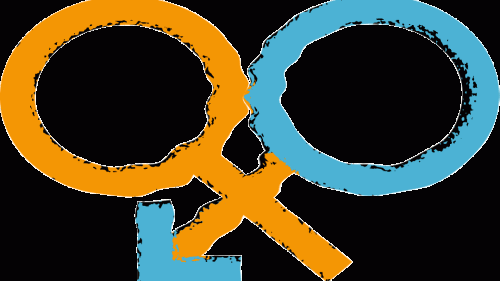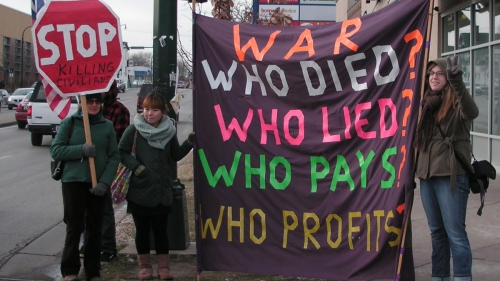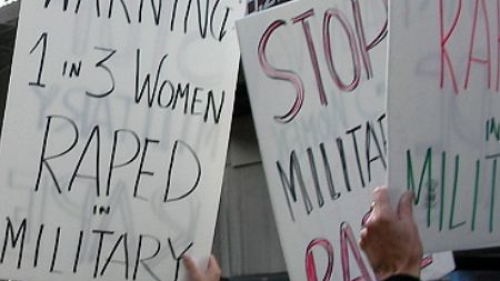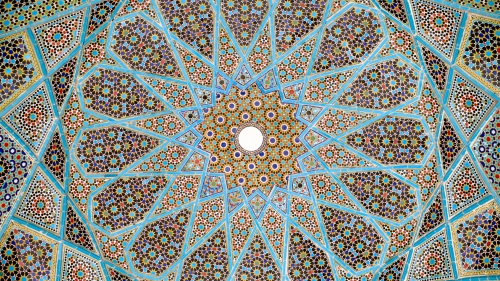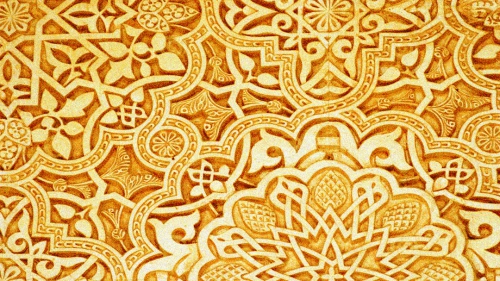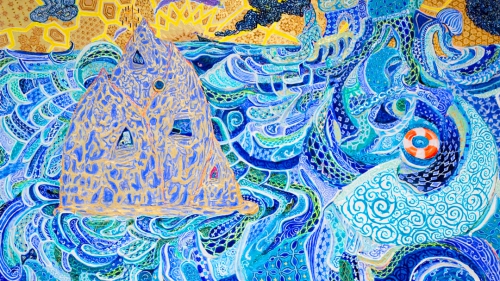Empowering The Vulnerable

OK, here’s a good one: What’s the position of women in the antiwar movement?
This was circa 1967, when I was a college kid just coming of age, psychologically and politically. I was a hippie. I had stopped cutting my hair. I’d discovered pot. And I was outraged by the Vietnam War. I was also still swaddled in the sexism of the day, and I laughed knowingly at the answer to this little joke:
Prone.
By the early ’70s, women’s rights emerged as a movement and a lot of men began to see that sort of humor in a stunningly different context. I went through a year of shame and shock as I became aware of my own sexism — “you gotta control your woman” — and did my best to embrace feminism and surrender the stupid male birthright that this was my world more than it was hers . . . that I was the boss, that sex was something to be pried loose from her.
Forty years later, I find myself coming to grips with the fact that women’s rights have been only partially implemented and the social change they have wrought remains superficial. Women have more employment and career opportunities now, but still in the context of institutions conceived and built by men. In that sense, it’s still a patriarchy, a “man’s world” — a world at war with itself both internally and externally.
But maybe this is what has begun to change. The #metoo movement — the massive outing of sexual harassers on social and other media — is accomplishing something far more valuable than the tarnishing of the reputations of powerful and important men. It’s empowering the vulnerable. And this is what matters.
“. . . then he came at me, put his hand on the back of my head, mashed his lips against mine and aggressively stuck his tongue in my mouth.
“I immediately pushed him away with both of my hands against his chest and told him if he ever did that to me again I wouldn’t be so nice about it the next time.
“I walked away. All I could think about was getting to a bathroom as fast as possible to rinse the taste of him out of my mouth.
“I felt disgusted and violated.”
Two things strike me as profoundly significant about Leeann Tweeden’s accusation that Sen. Al Franken kissed and fondled her without permission in 2006, when both were part of a USO tour to the Middle East to entertain U.S. troops. One is that Tweeden found the will and courage to make the incident public, something she couldn’t do at the time. “I was worried about the potential backlash and damage going public might have on my career as a broadcaster,” she wrote at KABC.com, where she is a news anchor.
“But that was then, this is now. I’m no longer afraid.”
What gave her the will to come forward, she said, was that California Congresswoman Jackie Speier, in a recent interview on the station, talked about being sexually assaulted when she was a young congressional aide, describing an incident very similar to what had happened to Tweeden.
And eleven years later, the emotional impact of it was still intense. She had not let go of it. She realized the time had come to go public about it.
And this is how a movement of empowerment grows from the roots. As women — as men — come forward and reveal these painful secrets, often shrouded in shame, their courage resonates with others who are haunted by similar incidents, who suddenly no longer feel isolated in their embarrassment and anger.
The second significant aspect, to me, is Franken’s response. Rather than pushing back against his accuser and attempting to protect his position of power at all costs, he apologized publicly, not as a means of ending the matter and moving on but with full realization that, in foolishly violating his own values, he had contributed to a social wrong that he is now obligated to help undo.
“Coming from the world of comedy,” he wrote, “I’ve told and written a lot of jokes that I once thought were funny but later came to realize were just plain offensive. But the intentions behind my actions aren’t the point at all. It’s the impact these jokes had on others that matters. And I’m sorry it’s taken me so long to come to terms with that.
“While I don’t remember the rehearsal for the skit as Leeann does, I understand why we need to listen to and believe women’s experiences.
“I am asking that an ethics investigation be undertaken, and I will gladly cooperate.
“And the truth is, what people think of me in light of this is far less important than what people think of women who continue to come forward to tell their stories. They deserve to be heard, and believed. And they deserve to know that I am their ally and supporter. I have let them down and am committed to making it up to them.”
Punishing the wrongdoer — wrapping him in eternal shame — is beside the point, even though it’s as far as the institutions of “man’s world” are able to see. What truly matters is healing the wounds and transforming the culture of smirking male domination over women.
This work involves everyone, including, especially, the person who has acknowledged the harm he has caused. In so doing, he has made himself vulnerable. This is the beginning of empowerment.
*****
Robert Koehler is an award-winning, Chicago-based journalist and nationally syndicated writer. His book, Courage Grows Strong at the Wound is available. Contact him at [email protected] or visit his website at commonwonders.com.
© 2017 TRIBUNE CONTENT AGENCY, INC.







